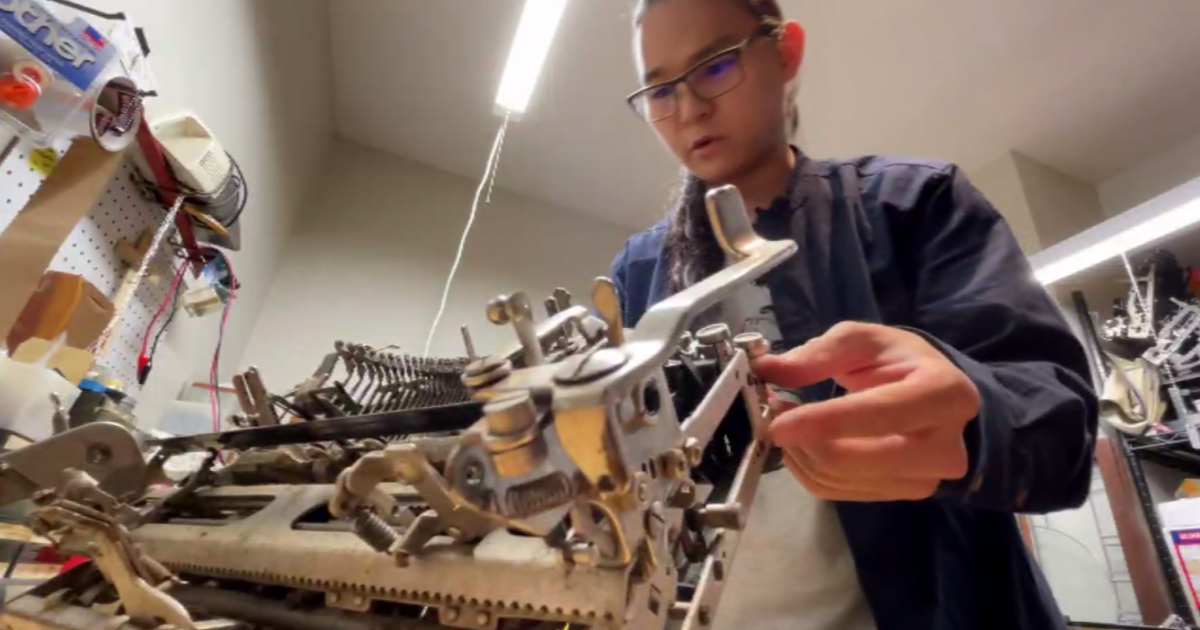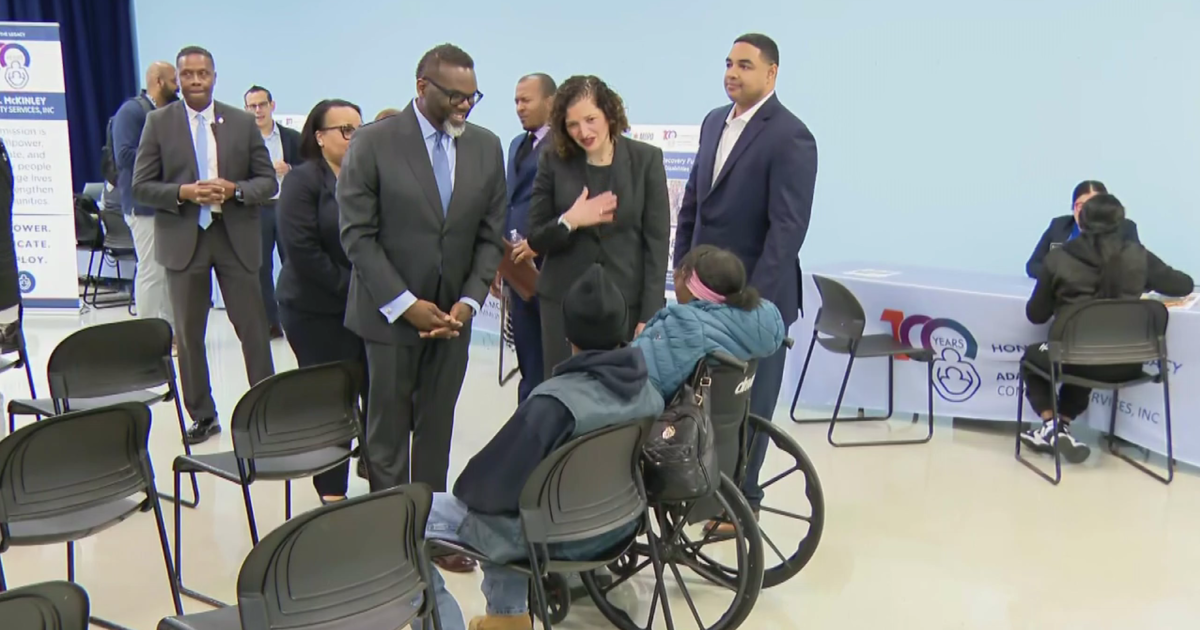Daylight Savings Time Can Help With Sleep Patterns
CHICAGO (CBS) -- This is the weekend when most of the nation turns back its clock by an hour -"falling back" - to Standard Time.
But a Northwestern Medicine expert on sleep disorders says there's a lot more to being rested and alert than that extra hour.
We've heard it all before: at least seven hours of sleep a night constitutes a good night's rest.
But Northwestern Medicine's Dr. Vikas Jain says some set themselves up to fail.
He calls it poor sleep hygiene.
"Falling asleep on the couch, watching TV while they're in bed," said Jain. "Really, electronic use is quite common at bedtime these days. So it's a lot of bright light exposure in the evening that suppresses our body's ability to make melatonin to help us fall asleep."
Jain recommends to pick a sleep time that's consistent and respect it. And to sleep only in bed and only go to bed when tired.
Which brings us to the time change, which begins at 2 a.m. Sunday. Jain says those who tend to drive or otherwise commute to work and go home in darkness can often become unaccountably tired in the middle of the afternoon.
Regardless, Dr. Jain says consistent sleep hours generally help.
Jain says that the elderly often find sleep rhythms are off. He says that could be happening because many elderly persons don't react to bright light they way others do.
He says brighter light during the day may restore normal sleep habits.
The good news is that many sleep disorders can be easily treated.
Jain says consulting with a specialist can erase many sleep disorders in short order.
And that extra hour of sleep you are picking up this weekend?
Jain says it's not a cure-all by any means. But he says to use it as an invitation to examine your sleep habits.



